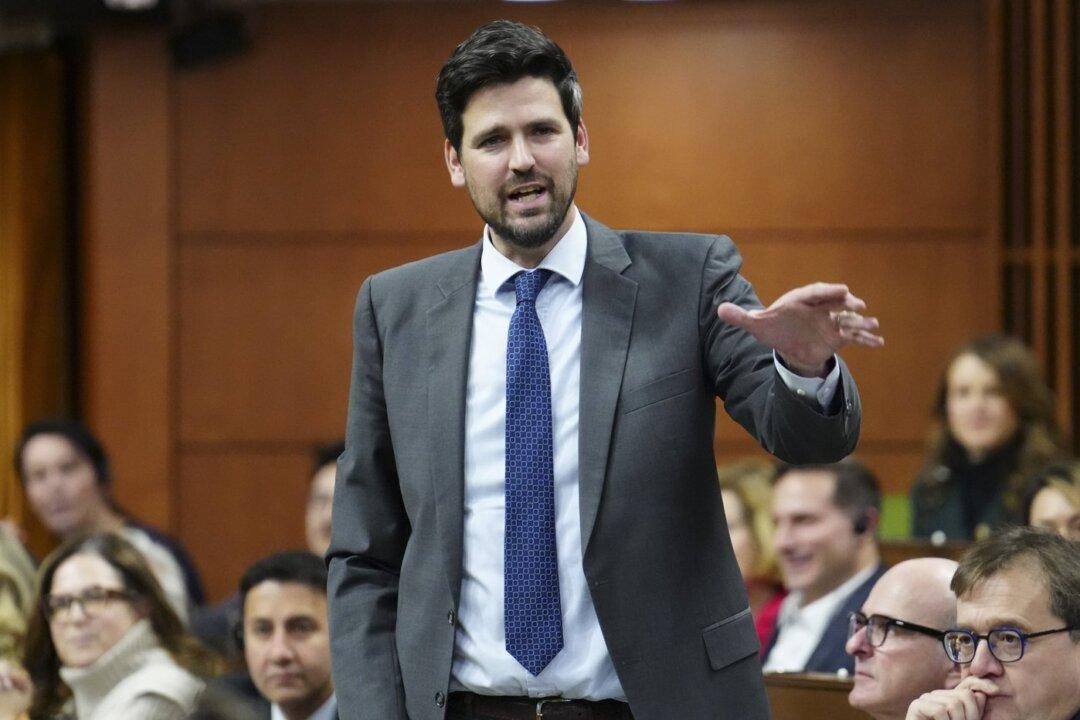Housing Minister Sean Fraser has reacted to a news report saying his government was warned internally two years ago that high immigration levels would impact housing affordability.
“I don’t think anybody needs a briefing note to understand that having more people in the housing market impacts the housing market,” Mr. Fraser said during a press conference in Halifax on Jan. 15.





